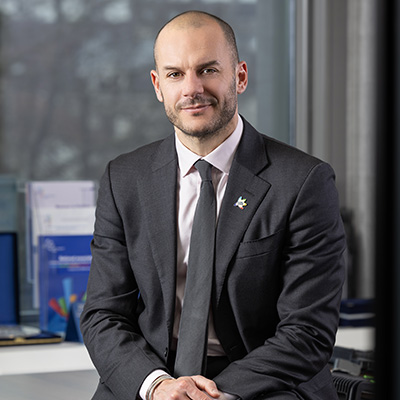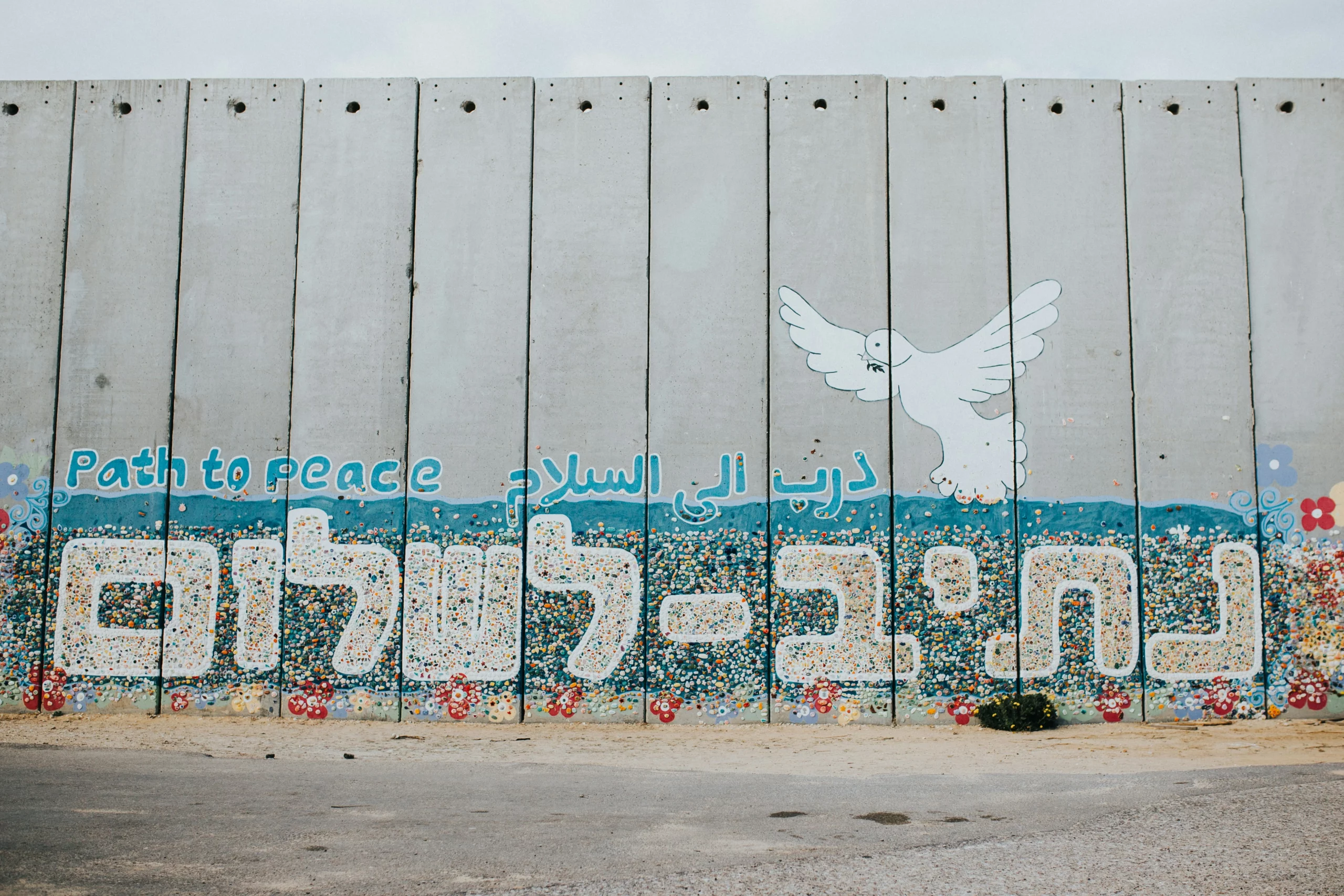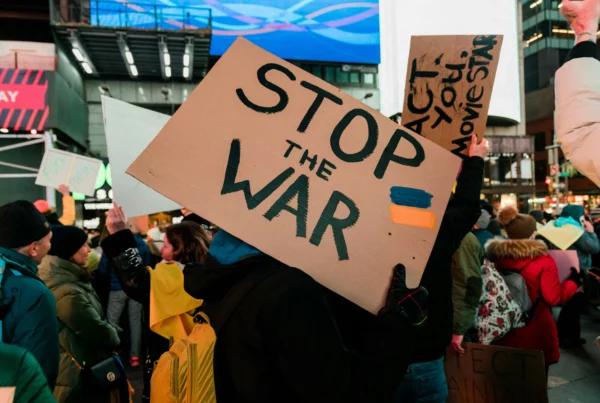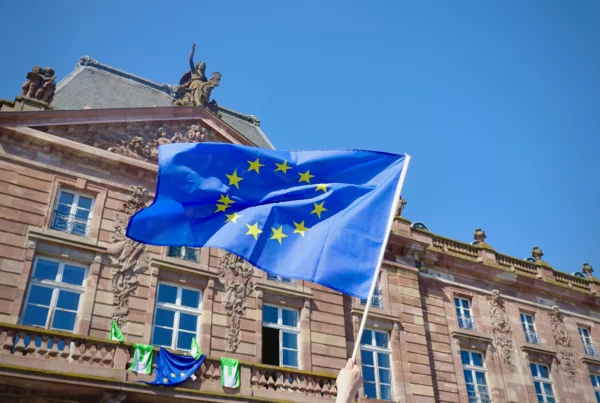Nobel Peace Prize 2024: A Tribute to the Japanese Anti-Nuclear Movement and a Call for Global Peace
The 2024 Nobel Peace Prize has been awarded to Nihon Hidankyo, a grassroots movement of survivors of the atomic bombings of Hiroshima and Nagasaki. Praised by the Norwegian Nobel Committee for their relentless efforts to promote a world free of nuclear weapons, this group has spent decades highlighting the devastating human toll of nuclear warfare through survivor testimonies. Since its founding in 1956, Nihon Hidankyo has been a powerful voice against the threat of nuclear arms, ensuring that the horrors of the past are never repeated.
The Nobel Committee’s choice is particularly poignant as 2025 will mark the 80th anniversary of the bombings that claimed over 120,000 lives and left countless more suffering from burn and radiation injuries. This recognition also arrives at a time when nuclear powers are modernising their arsenals, and the spectre of nuclear conflict looms larger than ever. As Jorgen Watne Frydnes, chair of the Norwegian Nobel Committee, warned, “A nuclear war could destroy our civilisation.”
In a world marked by increasing armed conflicts – 59 in 2023, according to the Uppsala Conflict Data Program – the message of this year’s Nobel Peace Prize resonates strongly. The recognition of Nihon Hidankyo highlights the urgency of global cooperation to prevent further destruction and the vital role of grassroots movements in shaping a peaceful future.
At the Council of European Municipalities and Regions (CEMR), we recognise that lasting peace is built not only at the international level but also through local and regional governance. Cities and regions play a pivotal role in fostering dialogue, cooperation, and understanding between communities. They are the building blocks of a peaceful society, promoting inclusivity and resilience from the ground up. By empowering local authorities and encouraging cross-border collaboration, we can create environments where peace is nurtured, and conflicts are prevented before they escalate.
CEMR continues to advocate for a better world, one where hope and cooperation bind nations together, not fear.

Secretary General






